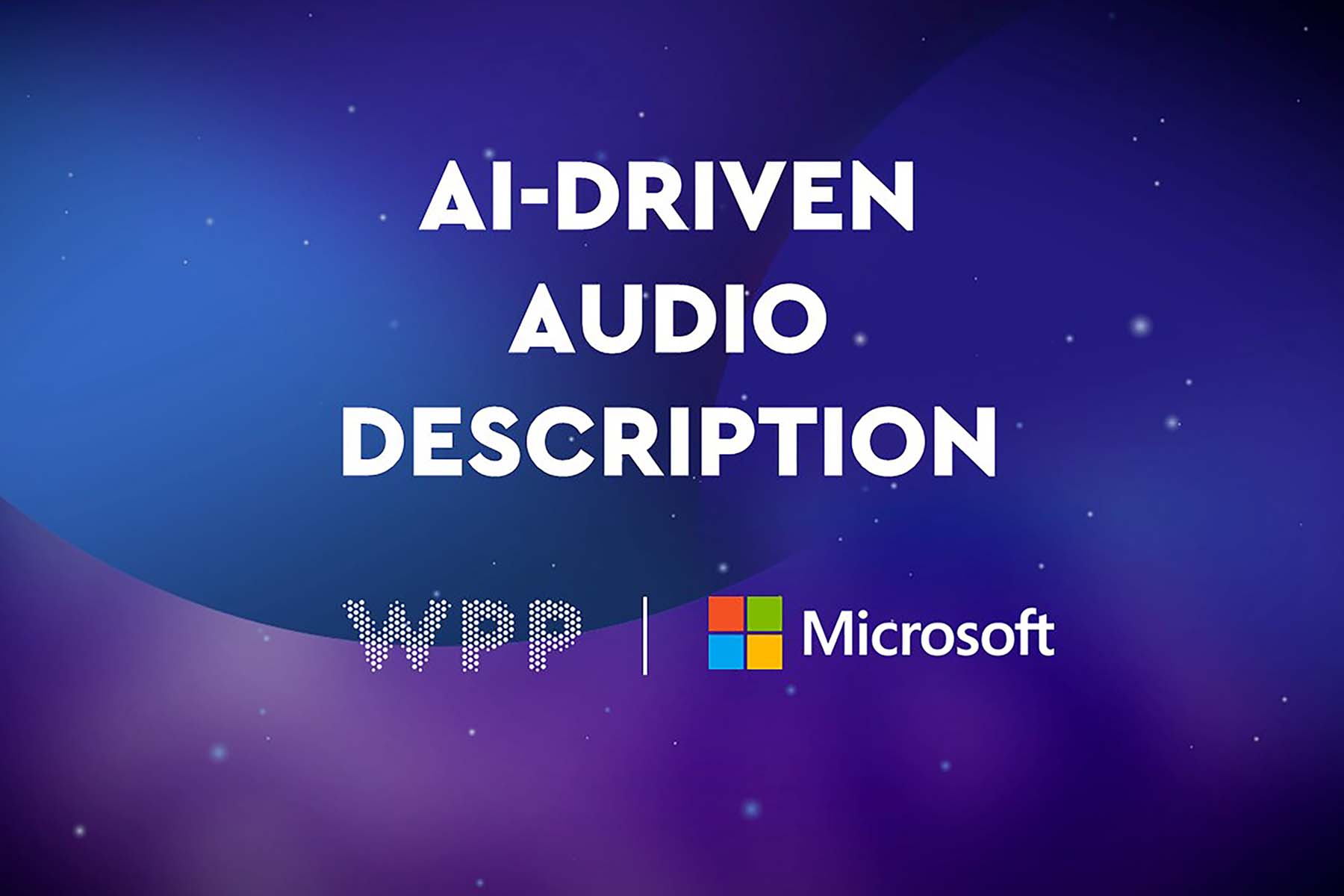
How music + data = enhanced brand equity
If you truly know the music industry, and you understand all the ways in which fans access it, you are well on your way – as a brand – to a whole new world of opportunities, says Charlie Toller of Prism Sport + Entertainment, part of WPP’s Wunderman Thompson
“If you are to partner with stakeholders in the music industry to enhance your brand, first you need a really deep understanding of that industry,” says Toller. “It comprises lots of different stakeholders, and they're pretty diverse.” For example, you’ve got your traditional rights-holders, song publishers for example, who own the rights to the music itself. Then there are the music brands, which could be festival brands, media brands, and so on. And then there are the people who manage the rights, and most important of all, the music creators themselves. It is a true eco-system in its own right.
“And, increasingly, rights-holders have a strong handle on the rights they own, and a good understanding of what they can do with those rights,” says Toller. “Then, of course, there are digital rights which are becoming much more interesting.”
He reminds us that brands themselves are also stakeholders in the music industry. They appear alongside all the other stakeholders on the map of this sector – but for brands who are navigating the music industry for the first time, it can appear daunting. “That is why we are so keen to give brands a steer on the music industry, they are very much part of it, and they need to see where they fit within it,” says Toller.
“This is where WPP’s expertise comes in. We now have access to new sets of data, new types of data that make brands’ participation in the music industry much more quantitative and measurable. There's always been a difficulty with music partnerships – as with a lot of other partnerships – in terms of how to measure outcomes. We're now in a position where we can not only measure them, but we can also make much more informed decisions about all the actions we can take because of this data,” says Toller. It is the data that brings music industry opportunities for brands to life and enables them to plot their course through it.
And the same data enables Prism Sport + Entertainment to develop data insights – not just on behalf of brands – but on behalf of the rights-holders as well. “In doing that, we're able to connect the dots in a new way. So, as people uncover data or understand how to use data better, we're also able to understand what rights-holders can contribute in terms of their data. From a rights-holder’s perspective, that data could include listening data through a streaming platform, for example. It could also include data related to ticket-buying behaviours,” he says.
Of course, the possibilities are endless. Think of the fan journey at a music festival, of the data that results from tracking a fan’s payment behaviour, and all the location data that might become available. “These are really powerful tools and rights-holders understand the power of that data, and what it might mean to partners.”
What it might mean for brands
“On the one hand, a rights-holder might be able to give a brand/partner access to that data. So, if you’re a beer brand, and you know at what time people want to drink your beer, and at what location, you're able to create a much more coherent customer journey around your brand. That has value,” says Toller.
“On the other hand, the availability of rights-holder data also gives brands the opportunity to offer fans certain benefits associated with a favourite band, for example, early access to ticket sales. This sort of thing works really well for the artists because it ensures that they have the fans that they want to have at their shows, that is the fans that listen to their music a lot. It also works well for music platforms like Spotify, for example, because they're able to add value for their subscribers. And these types of circumstance can also add value to other stakeholders, such as the promoter,” says Toller.
These are early days. But the advantages of putting data at the centre of the music industry for the benefit of brands, rights-holders and stakeholders alike are becoming obvious. And the fans will win out too.
But perhaps there is still plenty to learn from the gaming industry. “Using technology in music is at the beginning of a really steep curve, but there are huge opportunities. Gaming and sport have already adopted a lot of these opportunities, and for them, these types of partnership are possibly already plateauing. The concept of the fan experience in sport has been around for a very long time, and music has been a much slower adopter,” he says.
So what does music have to offer?
“Since the dawn of time people have been dancing and making music,” says Toller. “It’s what transcends cultures, languages. It is something that people have an opinion on. It's something that makes people cry makes people laugh. It improves their mood, lessens their mood. It's part of our cultural fabric.”
It therefore stands to reason that, if brands want to create a relationship with anyone, let alone their target audience, they will want to have a piece of the action – as long as brands turn up in the right way and with commitment – and understand that music is different from other passion points like sport and gaming.
Successful brands have gone from alignment with music, to building something akin to ownership of music experiences – this gives them their own voice. We now have brands which are synonymous with a genre or audience. And they themselves – as brands – may have a stake in that whole fan journey.
published on
24 October 2022
Category
More in Experience

Let’s add audio for visually impaired audiences
How to make advertising more accessible for visually impaired audiences

The Future 100: wellbeing, humanity, emotion and tech
This annual trend spotter – by WPP’s VML – gives us the context for the new normal for marketing in 2024.

Activating sports events – the ultimate balancing act
WPP Sports Practice takes a look at the art of timing for sports event activation

